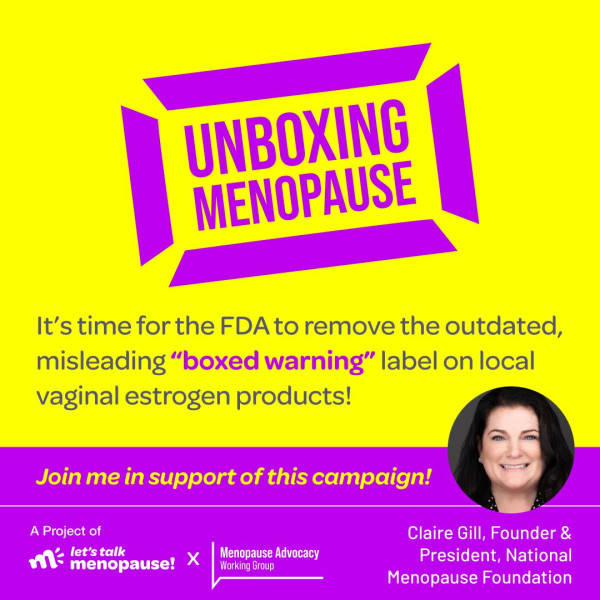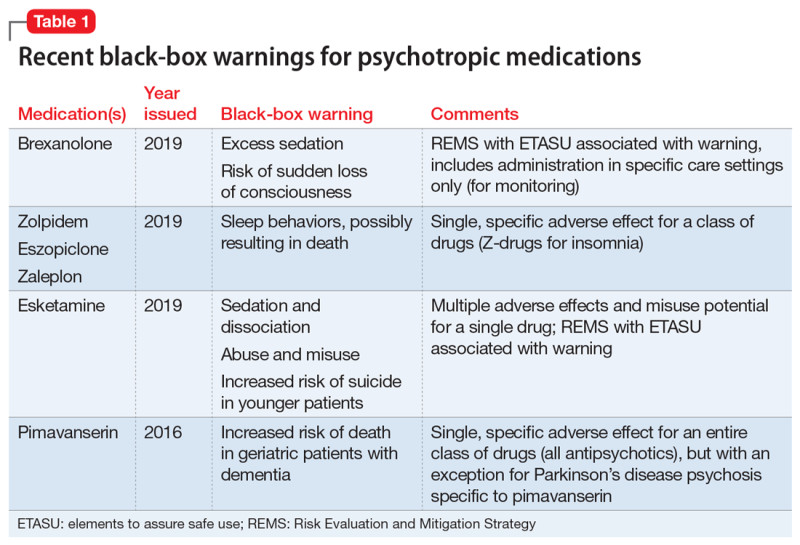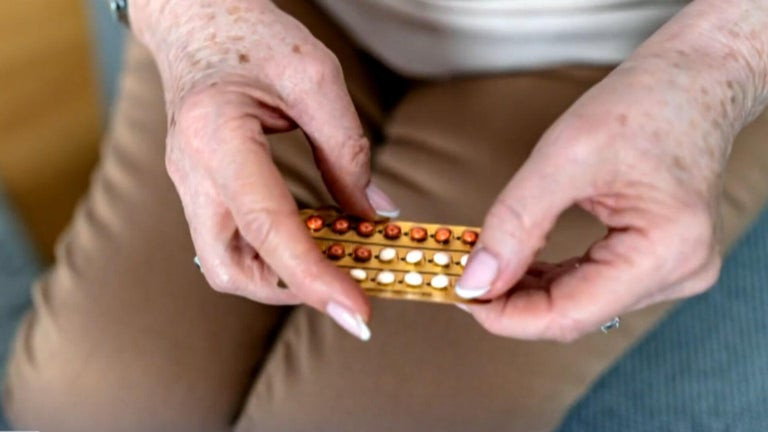In a move that's stirring up the medical world, the U.S. Food and Drug Administration announced on November 10, 2025, that it's pulling the plug on those stark black box warnings for hormone replacement therapy (HRT) products aimed at easing menopause symptoms. For over two decades, these bold alerts have loomed large on labels for creams, pills, and patches, flagging potential dangers like heart disease, blood clots, breast cancer, and even dementia risks. But now, FDA chief Marty Makary says the agency is asking drugmakers to strip them away, arguing the cautions were based on outdated studies that lumped in older women starting HRT late in life.
This shift comes as part of a broader push under the Department of Health and Human Services to boost women's health initiatives. Critics have long pointed out that the warnings scared off many women from beneficial treatments, leaving millions to suffer hot flashes, night sweats, and bone loss without relief. HRT, when started around menopause—typically in the 50s—has shown in recent reviews to offer more upsides than downsides for most, including lower heart risks and sharper cognitive edges. Still, the FDA isn't touching the endometrial cancer warning on estrogen-only options, a nod to ongoing concerns there.
Experts are split: some hail it as a win for evidence-based care, while others worry it might downplay real hazards for certain groups. With about 1 million U.S. women hitting menopause each year, this could reshape how doctors prescribe and patients decide on HRT therapy. As guidelines evolve, one can't help but wonder if this opens the door to smarter, safer symptom management—or just more confusion in the clinic.



